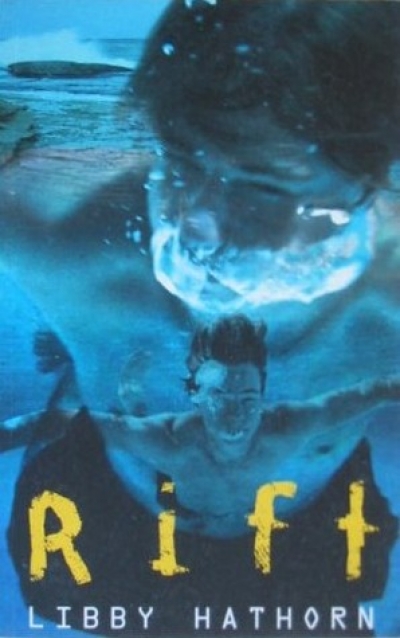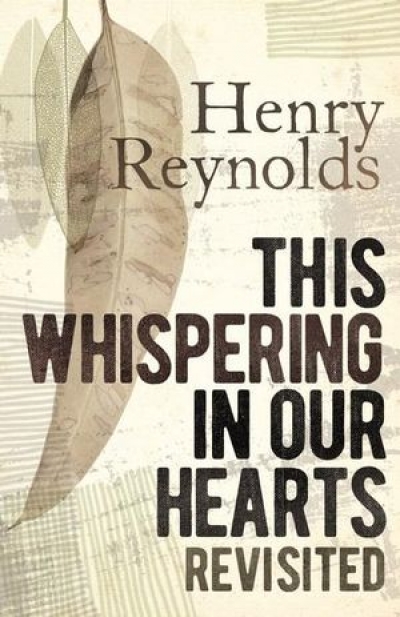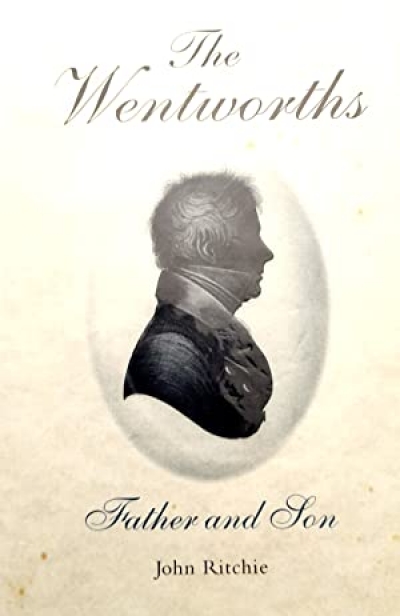Archive
Vanity Fierce by Graeme Aitken & Gay Resort Murder Shock by Phillip Scott
by Dean Kiley •
Pomegranate Season by Carolyn Polizzotto & Till Apples Grow on an Orange Tree by Cassandra Pybus
by Brenda Niall •
It is the often hapless task of the reviewer to draw together observations on the aspirations and creations of up to six people into a seamless and riveting piece of critical prose. Sometimes it is just not possible, as is the case here, when all these three books have in common is that they are picture books, and will probably be found somewhere near each other in a bookshop or library.
... (read more)The Reds: The Communist Party of Australia from origins to illegality by Stuart Macintyre
by Ross Fitzgerald •









